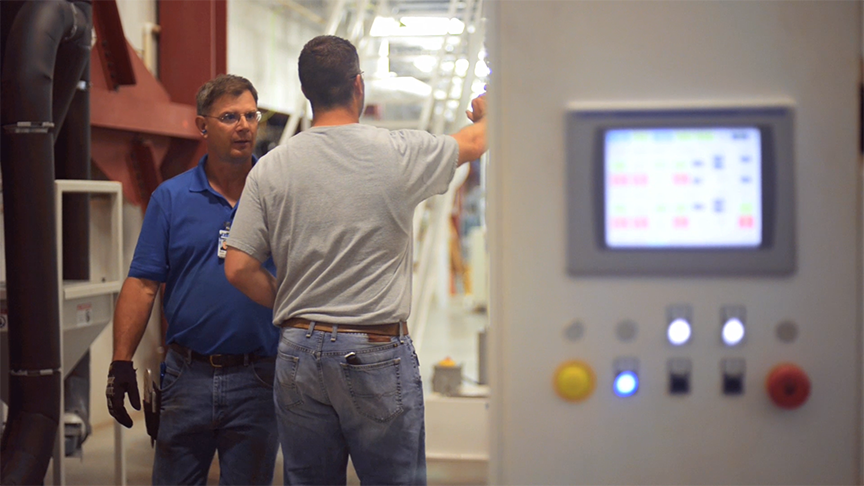Myths and facts about addiction in the workplace

Published Nov. 29, 2018
Almost everything we think we know about addiction is wrong. There are many myths about the disease, including its prevalence and impact in workplaces.
Myth: It would be obvious if someone here was struggling with addiction.
Reality: Actually, many addiction symptoms aren’t very obvious or visible – especially in the earlier stages of the disease. They are costly, however. Some impacts include absenteeism, reduced productivity and higher healthcare costs.
It can be especially difficult to identify team members who may be dealing with the addiction of a loved one. Their productivity and health are also severely undermined, which directly affects the bottom line of a business.
Myth: The only way to deal with someone with addiction is to fire them.
Reality: Though it is sometimes be necessary to let someone go, this can be a very costly and shortsighted approach. In many cases, if you provide affected employees with the support they need, they will be able to return to work and stay productive, preventing costly and disruptive turnover. You will also build a great culture and generate greater loyalty among team members.
Myth: We’re a small company and don’t have any issues with addiction here.
Reality: Actually, data shows that addiction impacts nearly 10 percent of the population. That number grows significantly when you include loved ones – it’s estimated that three to four people are directly impacted by one person’s addiction. Additionally, about 70 percent of people with addiction are employed. It’s unlikely that your company isn’t affected in some way by this disease.
Myth: The majority of our employees are highly-educated, so addiction doesn’t impact us.
Reality: Addiction can affect anyone, regardless of education, income or profession. We have members at every socioeconomic level, all the way up to successful CEOs.
Many people hide the severity of their illness or don’t get help because of stigma. It’s important for people to get the help they need as soon as possible, ideally before the most obvious signs of addiction present themselves. That’s why we don’t believe in the harmful concept of “hitting rock bottom” – people who get help earlier will have more resources to draw upon to help them successfully recover.
Myth: We have an EAP that helps with employees with addiction.
Reality: EAPs are good places for team members to start if they need help. However, EAPs provide referrals for a wide variety of personal issues for a limited number of sessions. Addiction is a chronic disease, so it’s best managed over a long period of time.
Our FIT @ Work program can be a nice complement to EAPs because our coaching support is offered long-term to employees with addiction, as well as their loved ones. Learn more about the differences between FIT @ Work and EAPs here.
Myth: We have health insurance that includes treatment, so if someone has addiction that’s where we can send them.
Reality: This is often easier said than done. It can be challenging for people to navigate what treatment providers are in network, and it’s very costly for them to attend an out-of-network treatment facility.
Additionally, formal clinical treatment isn’t always necessary. It depends on the severity of their symptoms and how far their addiction has progressed. A licensed professional can help people evaluate the best option for their situation. However, peer coaching is a great option for those looking for flexible, long-term support. Coaching gets people well in a nondisruptive way; our members can get the help they need while still working, or get additional support after they return from treatment.
Myth: I have a job and no debt or legal issues, so I don’t have a problem with addiction.
Reality: Not everyone with an addiction issue has such severe symptoms as homelessness or unemployment; there are a range of signs that could indicate you need help. A few other common symptoms include trouble sleeping, conflict with loved ones and giving up activities that used to be fun. Many people are reluctant to admit they need support because they’re successful at work, they don’t drink until after 5 p.m. or other reasons that “prove” they don’t have a problem. If you’re wondering about your alcohol or drug use, you can learn more and make an appointment with a peer coach here.
